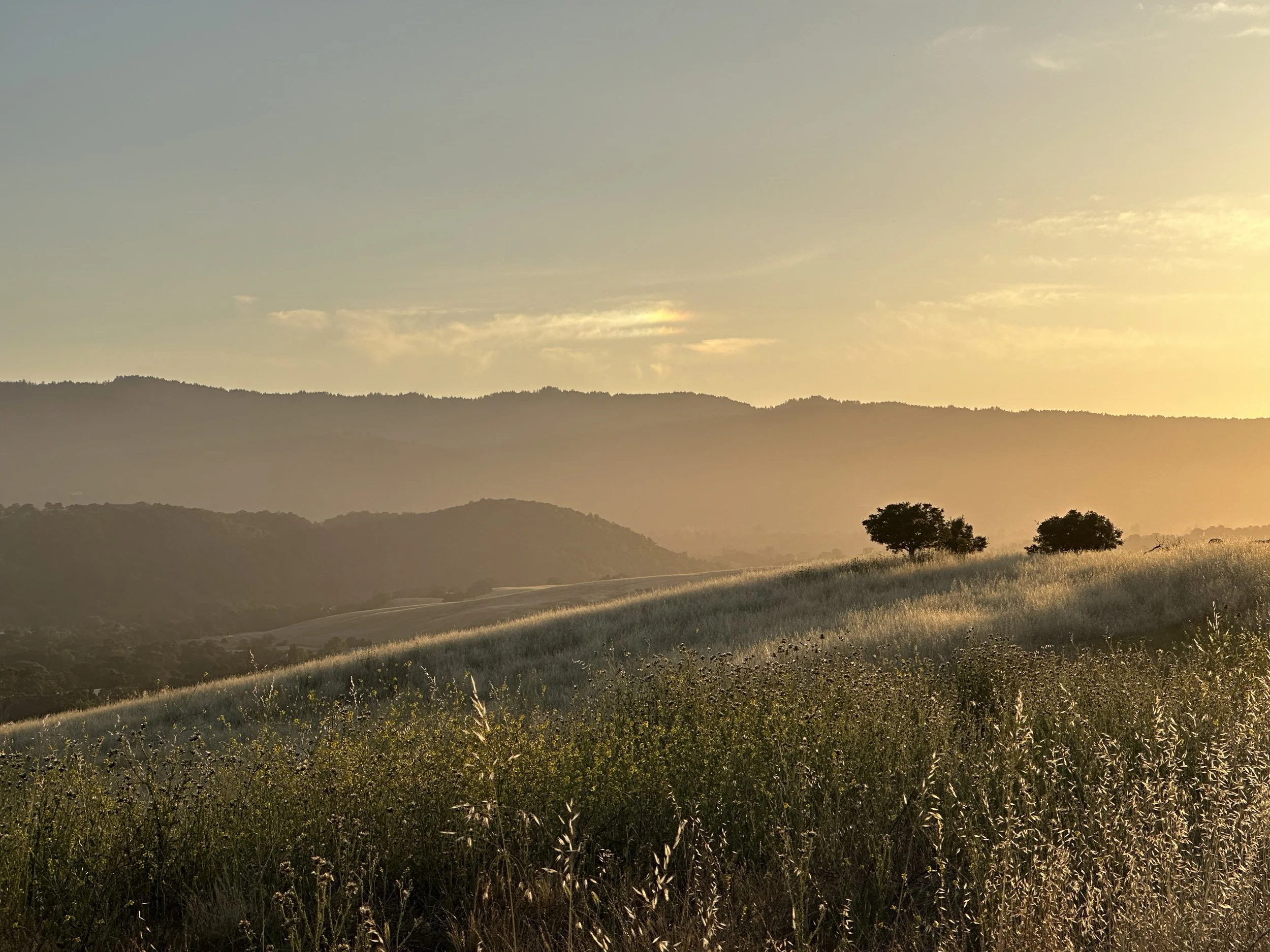
LANDBACK
⋆
LANDBACK ⋆
LANDBACK
How lovely is it that we have such access to the beautiful lands of the United States? The mountains, forests, rivers, and prairies often feel like a birthright to enjoy. Many of us have been taught to thank Teddy Roosevelt or John Muir for this access. But if we think more critically, we realize that the truest stewards of these lands are the Native peoples. Long before Roosevelt declared parks, Indigenous nations lived in reciprocity with these landscapes. While the former advocated conservation through fences or prohibitions — a sort of voyeuristic, colonialist relationship with the land — the Indigenous stewards believe in symbiotic practices with respect and kinship to the natural world.
In the name of conservation, a mass dispossession and removal took place. The creation of many national parks—Yosemite, Yellowstone, the Grand Canyon—required the forced removal of Indigenous nations who tended those lands for millennia. What’s often celebrated as “untouched wilderness” is land deliberately cleared of its Native inhabitants.
This history especially matters today because its consequences are ongoing. Indigenous nations still face systemic exclusion from their ancestral homelands, from decision-making about conservation, and from the economic benefits those lands generate. And these traumas are not only felt by the Indigenous people, but also by the land itself. Traditional ecological knowledge continues to offer some of the most effective frameworks for addressing our current climate and biodiversity crises. Native stewardship practices—controlled burns, rotational harvesting, waterway protection, seasonal migration—were not accidents but science, culture, and spirituality intertwined.
Landback is not just about returning acreage; it is about restoring sovereignty and balance. It recognizes that honoring Native peoples means more than symbolic land acknowledgments—it means material justice. Returning land, or at least returning authority over land management, is a way of restoring a symbiotic relationship between humans and Earth.
The beauty we marvel at when we hike, camp, or visit national parks is not a gift from presidents or pioneers—it is a gift carried forward by Indigenous nations who understand mutual guardianship with the land. To truly honor that gift, we must honor the people. Protecting Native sovereignty, returning land, and listening to Indigenous leadership is not a mere act of charity; it is the fulfillment of a deeper obligation to respect those who have always known how to live in balance with the land that sustains us all.
WHAT CAN BE DONE?
When you begin to recognize the injustices committed against Indigenous peoples in America, it can feel heavy—perhaps overwhelming even. You might feel powerless in the face of such systemic harm. That’s a natural feeling. But instead of turning away, try to sit with it. Invite the feelings to soften you. Let it become a source of solidarity. From that place, you can begin acting with heart and intention.
Start by learning—about Indigenous history, traditions, and the nations and communities around you today. Read books, listen to Native voices, and seek out tribal cultural centers & museums (check this one out). Take time to acknowledge whose ancestral lands you occupy, whether silently or aloud with others. Offer gratitude — or even a prayer — for the original stewards can begin to shift how you move on the land.
Support can also be material. Consider donating what you might spend on a park entrance fee — or more — to Indigenous communities. Contribute to mutual aid funds, support tribal initiatives directly, or give to movements like the NDN LANDBACK campaign, which works to educate and restore land to Indigenous care.
Most importantly, carry this awareness forward in your daily life. Embody allyship not just in moments of reflection, but in how you vote, where you spend your money, the stories you share, and the respect you show. Every action—no matter how small—can become a gesture of repair, a way of honoring those who have always cared for the land we all love.
